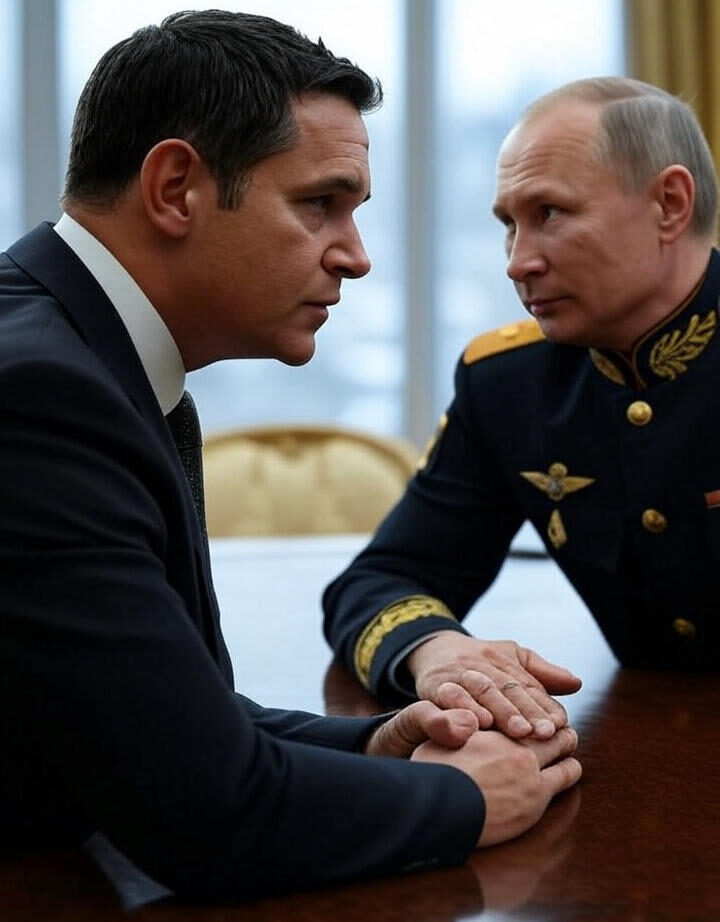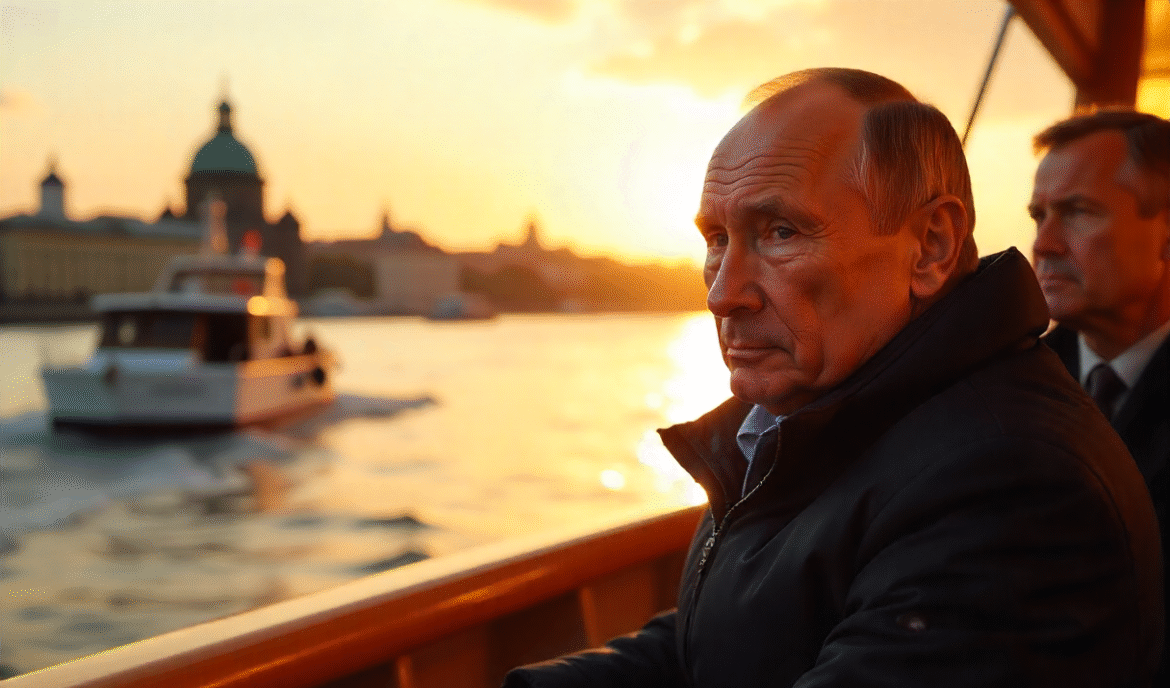Background
On 6 August 2025, U.S. President Donald Trump’s special envoy Steve Witkoff met with Russian President Vladimir Putin at the Kremlin in a desperate push for a ceasefire in Ukraine before a U.S. sanctions deadline expires on 8 August (Reuters).
Trump has warned that unless Moscow agrees to a peace deal by then, Washington could impose “severe tariffs” not only on Russia but also on major buyers of Russian oil like India and China (Reuters).
The Meeting
Witkoff, a U.S. real estate billionaire with no prior diplomatic experience, flew to Moscow at the last minute, marking his fifth trip there since taking office in January (Reuters).
He first walked in Zaryadye Park with Kirill Dmitriev, Russia’s envoy for economic cooperation and sovereign wealth fund head, which Reuters noted is part of Russia’s negotiating architecture (ABC News). Dmitriev previously helped broker talks in Istanbul between Russia, Ukraine, and U.S. officials (Al Jazeera).
The three hour Kremlin meeting featured a handshake between Putin and Witkoff, but no details of specific proposals have been disclosed (ABC News).
Stakes and Strategy
This visit represents a last-ditch diplomatic effort to avoid Trump enforcing sanctions if peace terms are unmet (Reuters).
Analysts suggest that Moscow may propose a limited “air truce” or moratorium on missile and drone strikes, but not a full ceasefire as demanded by Ukraine and the U.S. (The Washington Post). That would fall significantly short of ending hostilities and would likely be seen as insufficient by Ukrainian officials who seek a comprehensive ceasefire and summit of world leaders (Reuters, Globedge, The Washington Post).
Russia’s Position
Putin appears unlikely to cave, believing he is gaining ground in the war and placing military objectives above relations with Washington. His conditions for peace include Ukrainian neutrality, a legally binding NATO non expansion pledge, and acceptance of Russia’s territorial gains (Reuters).
Russia has also ramped up military strikes on Ukrainian civilian infrastructure, including attacks in the Zaporizhzhia region that killed multiple civilians just before Witkoff’s arrival (CBS News).
U.S. Pressure and Criticism
Trump has threatened secondary sanctions and steep tariffs on countries that buy Russian oil or goods, notably targeting India and China, as part of his strategy to isolate Moscow economically (Reuters).
However, Witkoff has faced significant criticism for his lack of diplomatic credentials. Critics argue he has repeated Kremlin narratives, lacked preparedness in prior talks, and seems outmatched in negotiating directly with Putin (Reuters).

Regional Consequences
The outcome of the talks could impact U.S. Russia relations and shape international alignment in the Ukraine conflict. Ukraine insists on a full ceasefire, while Russia signals continued aggression and geopolitical ambitions (WVTM, Reuters, Wikipedia, AP News).
If Moscow refuses U.S. terms, Trump may follow through with sanctions that could also affect trading partners worldwide, escalating global tensions (Reuters, The Sun, AP News).
Outlook
With just two days left before the November style ultimatum expires, time is short. Conversations in recent months have failed to deliver meaningful progress toward ending the war. Witkoff’s latest round appears to be a final gamble to avoid economic fallout but without likely compromise from Moscow, the door may be closing on diplomatic resolution (Reuters, omni.se, The Washington Post).
Both sides face mounting pressure: the U.S. to act decisively, and Russia to maintain military position while warding off sanctions that could further cripple its war economy.
Summary
Steve Witkoff’s meeting with President Putin on 6 August 2025 marks one of the final U.S. efforts to broker a Ukraine ceasefire before Donald Trump’s 8 August sanctions deadline. Though a limited airstrike pause may be proposed, Putin appears unwilling to consider a full ceasefire. With sanctions looming, the failure to reach a lasting peace could herald a new phase of economic confrontation and international realignment.

